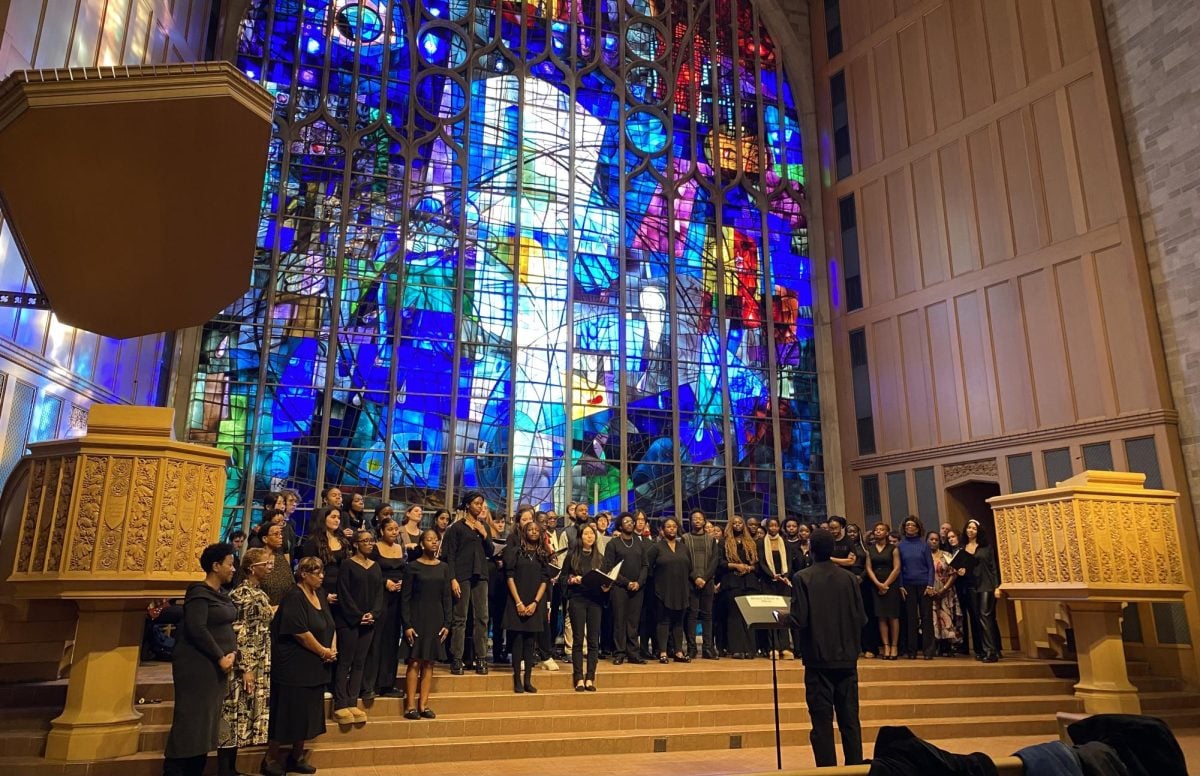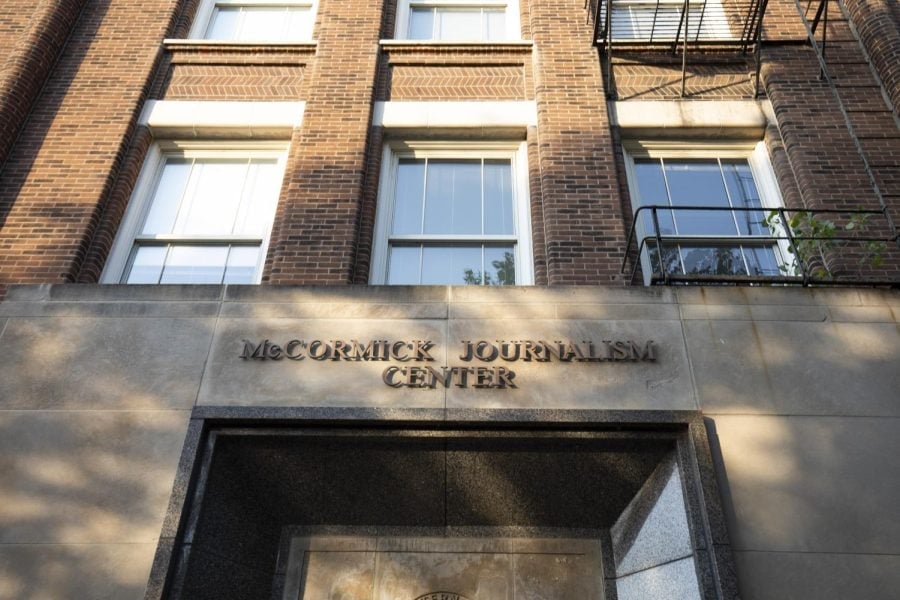Harvard Prof. Steven Pinker delivered the opening lecture for the Contemporary Thought Speaker Series on Monday as part of a student initiative that aims to improve intellectual discussions on campus.
Pinker, whom Foreign Policy magazine recently ranked as one of the world’s top public intellectuals, spoke to an audience of about 400 students, faculty and Evanston residents about his most recent book, “The Better Angels of Our Nature.” In the book, Pinker argues that the modern era is considerably less violent than those past.
“Violence has been in decline for a long time, and we may be living in the most peaceful era of our history,” Pinker said.
Although terrorism and war are now major issues of public concern, Pinker asserted that the modern era has allowed the “better angels” of humanity, such as empathy, reason and self-control, to flourish.
This assertion stood in stark contrast to Pinker’s statements regarding human nature, which he claimed was inherently violent and dangerous in the absence of the state. His analysis demonstrated high rates of violent death in pre-state societies, and he argued violence in society without government dropped only because of the pacifying influence of the state.
“When it came to life in the state of nature, Hobbes was right,” Pinker said, referring to the English philosopher Thomas Hobbes, who argued for powerful central government to ensure mutual peace and security among humans.
To support his argument that society has grown more peaceful over time, Pinker used a broad range of historical, statistical and archaeological evidence, including forensic analysis of human remains and an examination of violent death rates over the past millennium.
Pinker’s analysis concluded that rates of homicide, rape, hate crime, torture and other societal ills have all decreased in recent times, a trend he called the “civilizing process.” He placed a particular emphasis on wars and stressed that although World War I and World War II may seem to contradict his argument, they were not as devastating as previous conflicts with respect to relative death rates.
The Contemporary Thought Speaker Series began in the 1920s, when Prof. Baker Brownell attempted to bring more prominent intellectuals to the NU campus. Brownell, a philosophy professor, was responsible for bringing figures such as W.E.B. Dubois and Jane Addams to speak at NU.
Weinberg senior Jonathan Green, chairman of the Undergraduate Budget Priorities Committee, said the proposal to revive the program followed the results of an annual poll issued to the student body by the committee.
“Students had demonstrated a real interest to see more intellectual speakers on campus,” said Green, who repeatedly emphasized the need for a strong public discourse on campus. “In many ways, we hope to achieve Brown’s mission by reviving the program,”
President Morton Schapiro echoed this sentiment and said he thought the event reflected the original intent of the program. He lauded Pinker for appealing to a variety of intellectual interests in his lecture.
“There was something in it for everyone,” Schapiro said. “It was good to have someone who can speak to the great issues of the world, and I think that is what they wanted in the ‘20s and ‘30s.”







